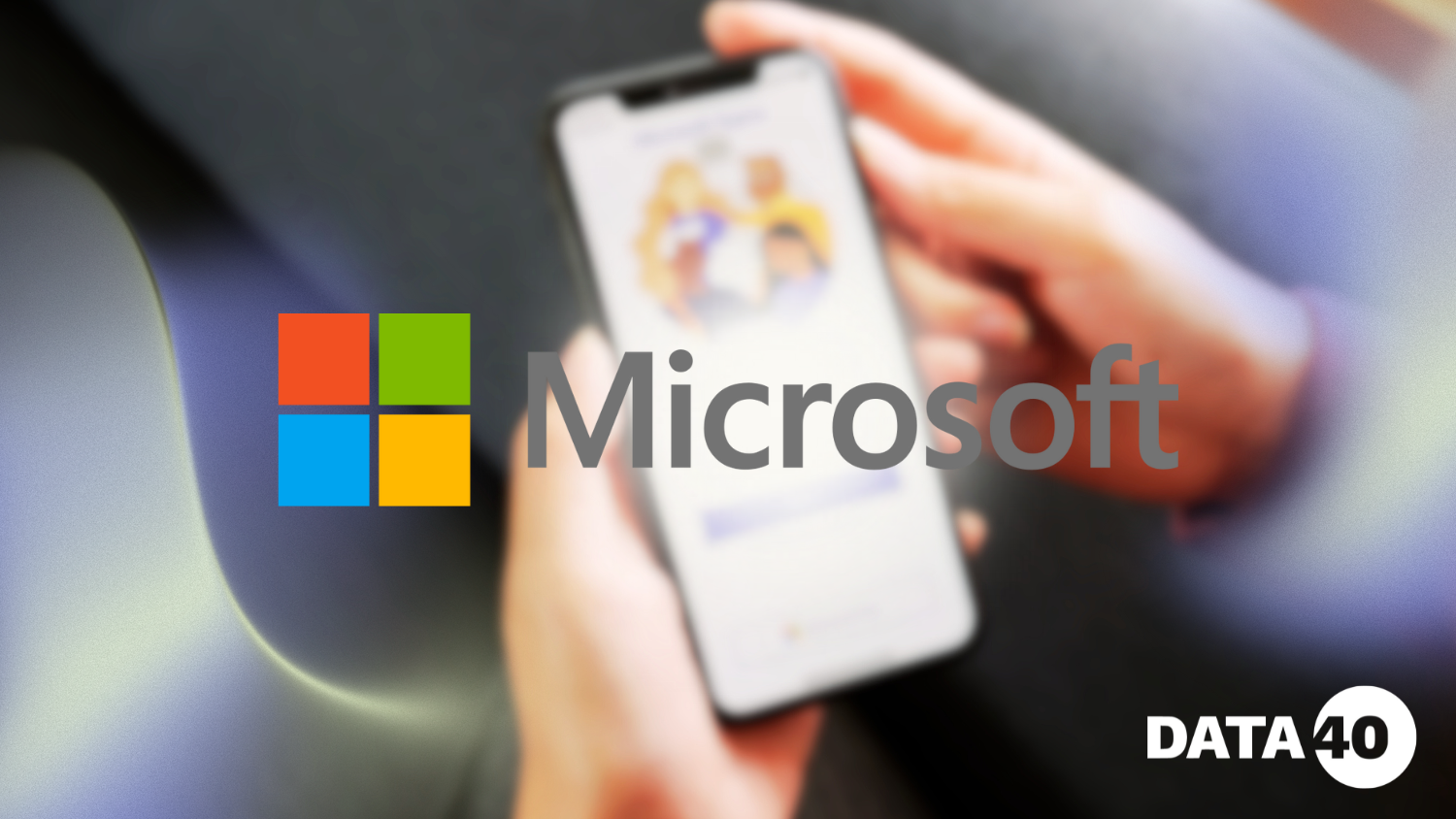
In FY2024, Microsoft Corporation continued its growth trajectory, solidifying its position in cloud computing, software services, and hardware. This article provides an in-depth analysis of Microsoft’s performance during FY2024, covering key changes, profits by segment, leadership, and future plans.

Company Overview
Microsoft Corporation is headquartered in Redmond, Washington, and operates globally in various sectors, including cloud computing (Azure), software (Windows, Office), hardware (Surface), gaming (Xbox), and AI. The company’s diverse portfolio and innovative capabilities have allowed it to maintain its dominant position in the tech world. FY2024 marked another significant year in terms of technological advancements, strategic acquisitions, and robust financial performance.
Key Changes and News in FY2024
Several major developments occurred in FY2024 that shaped the company’s direction:
AI Integration: A major highlight of FY2024 was Microsoft’s deepened commitment to artificial intelligence. The integration of AI across its product lines, including Azure and Office, aimed to enhance productivity and deliver more personalized experiences for users. With the expansion of its Copilot initiative, AI became central to Microsoft’s strategy.
Cloud Dominance: Azure, Microsoft’s cloud platform, continued to perform exceptionally well, consolidating its market position. New partnerships and services offered through Azure contributed to Microsoft’s competitive edge against other cloud service providers like AWS and Google Cloud.
Gaming Expansion: Microsoft strengthened its gaming division with the official acquisition of Activision Blizzard in FY2024. This deal, valued at $68.7 billion, was one of the largest in tech history and reinforced Microsoft’s dominance in the gaming industry through Xbox Game Studios and the Xbox Game Pass subscription service.
Windows 12 Development: While details are still limited, FY2024 saw the announcement of Windows 12, expected to further push boundaries in user experience, security, and integration with cloud and AI.
Profit by Segment
Microsoft’s diverse range of services and products allowed it to perform consistently across all segments in FY2024. The financial highlights for key segments include:
- Intelligent Cloud: This segment, driven largely by Azure, saw the highest growth, generating $105.36 billion in revenue, reflecting a 19.86% year-over-year increase. Azure’s AI-driven offerings and cloud services played a major role in this growth.
- Productivity and Business Processes: Comprising Microsoft Office, LinkedIn, and Dynamics, this segment brought in $77.73 billion, with a 12.2% year-over-year increase. Microsoft’s focus on AI integration into productivity tools through services like Office 365 Copilot boosted user engagement and subscription growth.
- More Personal Computing: Encompassing Windows, Xbox, Surface, and other hardware, this segment generated $62.03 billion, with a 13.33% year-over-year increase. Gaming revenue surged due to the Activision Blizzard acquisition, while Surface devices saw steady growth, particularly in the education and professional markets.
- Total Consolidated Revenue: Microsoft’s total consolidated revenue for FY2024 reached $245.12 billion, marking a 15.67% increase compared to the previous year. This strong performance reflects the company’s successful diversification and strategic investments in key areas like AI and cloud computing.
You can find more detailed financial information about Microsoft Corporation, the company’s growth strategy and a complete overview of its annual financial reports here.
Leadership in FY2024
In FY2024, Microsoft continued to be led by Satya Nadella, who has been the company’s CEO since 2014. Under Nadella’s leadership, Microsoft has become a leader in cloud computing, AI, and digital services. His forward-thinking approach, focusing on customer-centric innovation, AI, and sustainability, ensured Microsoft’s continued growth. Nadella’s leadership team, including Amy Hood, Chief Financial Officer, and Brad Smith, President and Chief Legal Officer, played significant roles in shaping the company’s strategic direction.
Plans for the Future. What’s next?
Looking ahead, Microsoft has several key initiatives planned for the coming years:
AI Development: Microsoft plans to continue its focus on AI, aiming to democratize the technology across all industries. It is expected that AI will become even more integrated into Microsoft products, creating new revenue streams and enhancing user productivity.
Expansion in Cloud and Hybrid Work: Azure will remain central to Microsoft’s strategy, with new cloud services and industry-specific solutions being developed. Additionally, Microsoft plans to expand its hybrid work tools, helping companies adapt to the evolving work environment.
Gaming Growth: Microsoft aims to continue expanding its gaming portfolio, capitalizing on the success of the Xbox Game Pass and further integrating Activision Blizzard’s games. Future investments in cloud gaming will also be a focus, positioning Microsoft as a leader in the gaming industry.
Sustainability Initiatives: Sustainability remains a key focus for Microsoft, with the company committed to becoming carbon-negative by 2030. It plans to invest in green technologies and sustainable practices across its entire value chain.
FY2024 was a landmark year for Microsoft Corporation, marked by continued innovation, significant acquisitions, and strong financial performance across all segments. With its focus on AI, cloud computing, gaming, and sustainability, Microsoft is well-positioned to lead the technology industry into the future. As the company continues to evolve, its commitment to driving technological advancement and creating long-term value for shareholders remains at the forefront.








